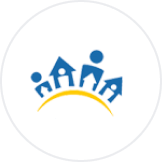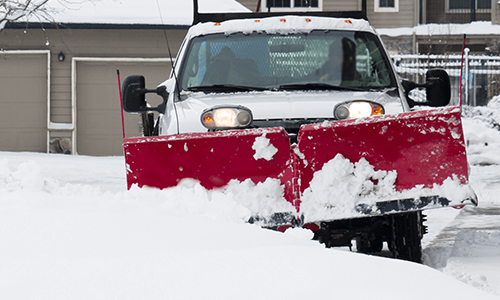Oftentimes Boards of Directors believe that after the holidays, they can catch a break for a couple of months prior to meeting and discussing Spring projects. They use Winter months as a ‘rest period’ from Board activities. Yet, the beginning of the year can be used to accomplish important tasks and administrative projects like improving Board operations, putting the association on the right track, or educating owners of new legislation and/or requirements.
Proactive Items For the Board to Address in the New Year
From reviewing legal updates, updating the rules and regulations of the association, to evaluating your maintenance calendar and creating a maintenance responsibilities chart, below are some items that the board should review at the beginning of the year.
Legal Updates
Every year new legislation affects the community association industry. 2017 is no different. Several new legislations passed in 2016 in the Illinois General Assembly that will affect community associations this year. New laws or provisions went into effect on January 1st, 2017 about closed board meetings/executive sessions, amendments to Declarations in case of error, acceptable technological means, association’s assets, Ombudsperson Act, developer’s rights, etc.
The Board should consult with the association’s attorney to get information and opinions about any new legislation or provisions that may affect the association and the Board’s operation.
Rules and Regulations
The Board of Directors should review the violations and complaints brought to the management and/or Board of Directors over the course of the previous year. By reviewing the complaints and violations, the Board may find that they need to amend the rules and regulations.
It is important to follow the rules to keep an association well-run. From time to time, rules need to be updated. Too many times, Boards of Directors have a reactive approach to rules and regulations; they wait until the issue becomes a nuisance before taking action. In addition, the rules and regulations may need to be updated to take into consideration recent municipal ordinances that may impose a burden on the association (for example the new recycling ordinance for the City of Chicago).
It is strongly recommended that associations have any revision of the rules and regulations reviewed by an attorney prior to adopting them.
Review your maintenance calendar and evaluate it
It is important to review and evaluate your maintenance calendar and systems in place on a yearly basis. This allows you to adjust, verify and improve these systems. The Board should review the actual expenses, work orders, and service calls for the past year and may want to survey residents about problems and issues they may have seen but went unreported.
After compiling the information from the review, the board should evaluate the maintenance calendar and seek professional advice for each area that may be a concern.
For example, if the association has been oiling the garage door of the parking garage once a year, and multiple service calls were placed throughout the year, it is likely that the maintenance of garage door is improper and more frequent professional inspections are required. Does the association have extra parts on-site for quicker turnaround on repairs? This is also something to consider during the evaluation.
Create a maintenance responsibility chart
Every association should have a maintenance responsibility chart. Usually drafted by the association’s attorney, the chart lists all elements (Common Elements, Limited Common Elements, Unit Elements) of the association as described in the Declaration and Plat. The chart also provides who is responsible for the maintenance, repair, and replacement of each element.
The chart helps the association respond to maintenance and repair requests more quickly as well as establish procedures for specific maintenance items. The maintenance responsibility chart is a great tool to educate the owners of your association as well as inform them of their responsibilities.
While many people and animals choose to hibernate for the Winter, association Boards of Directors should not follow this practice. Using this “downtime” to evaluate some of the administrative aspects of the association will help you get a jump on your year and help the association run much more smoothly in the process.
Nicolas Marin, CMCA, AMS, Wesley Realty Group, Inc.









